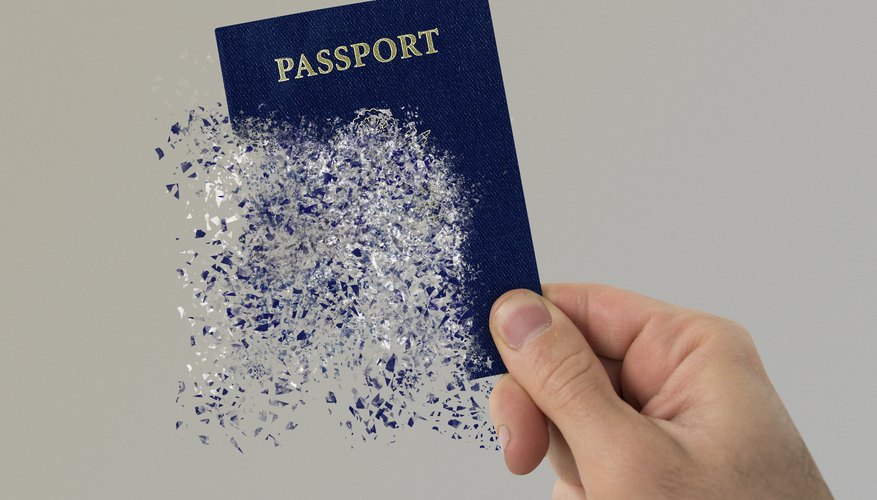At some point, you may need to travel abroad if you’re like millions of others. It could be for work, to see family, or to go on a second honeymoon with your spouse. But if you owe child support, it’s possible that you won’t be able to get a passport until you pay off the debt. In other words, you will not be allowed to leave the country until you pay the child support debt.
Generally, however, you can’t obtain a U.S. passport if you owe $2,500 or more in child support.
Can child support stop you from getting a passport?
You must pay your child support arrears before you may apply for a U.S. passport. Make arrangements to pay your child support arrear by getting in touch with the relevant state child support enforcement agency. When this is finished, the following will happen:
- HHS notification
The child support agency will notify the U.S. Department of Health and Human Services (HHS) of your payment and let them know that you have come to an amicable payment arrangement.
- List update
The HHS will then delete your name from its list and notify the Department of State of this change.
- Update verification
The Department of State will check with HHS to make sure your name has been removed from its list—it will be handled by the Department of State.
If you currently owe child support arrears, you should be aware that there may be negative repercussions, including:
- suspension of your driver’s license:
- interception of your tax refund;
- possibility of accusations of contempt of court; and
- denial of your application for a passport.
It is strongly advised that you ask your legal team any questions you may have regarding child support arrears because court personnel is not permitted to give legal advice. Besides, going too long without paying child support is a felony—fortunately, however, you may still manage to get a passport even with a felony.
How the U.S. knows you owe child support
The Family Instructor’s findings show that the U.S. Department of Health and Human Services maintains a database that provides information to the U.S. Passport Agency automatically (DHHS).
The county district attorney offices that handle child support enforcement are the source of the data in this database. These offices send DHHS reports of support arrears (also known as “arrearages”) through state or local child support agencies.
Reclaiming a U.S passport after paying up child support
Your child support responsibilities are unknown to the staff at the passport service offices, and they are not mandated to take any action until DHHS removes your name from its list. You should first make preparations to settle your child support arrears or come to a mutually agreeable solution with your state or local child support agency, not DHHS.
You might have had your name submitted to the Passport Denial program if you owe child support in more than one U.S. state. In that situation, you will need to reach an agreement with each of them before being authorized to obtain a U.S. passport.
Visit the DHHS website’s State Child Support Agency Passport Denial Program Contacts list to locate the appropriate organization.
The state(s) in question will ask DHHS to take your name off the database list once you have paid off the outstanding child support arrears or reached a satisfactory resolution—2 to 3 weeks are usually required for this.
This office will hold onto your application for up to 90 days if you have already submitted an application to the Passport Agency and have been notified of the expected denial. The Passport Agency will process your application and mail your passport to you if you are able to resolve the child support issue.
Contact the National Passport Information Center (NPIC) if you are having problems getting a response to your application.
What if you already applied for your passport?
With the appropriate state child support enforcement agency, make plans to pay your child support arrears. Your successful payment arrangements have been reported to HHS by the state agency.
Note that you should contact the relevant state child support enforcement agency with any inquiries you may have regarding your child support arrears.



